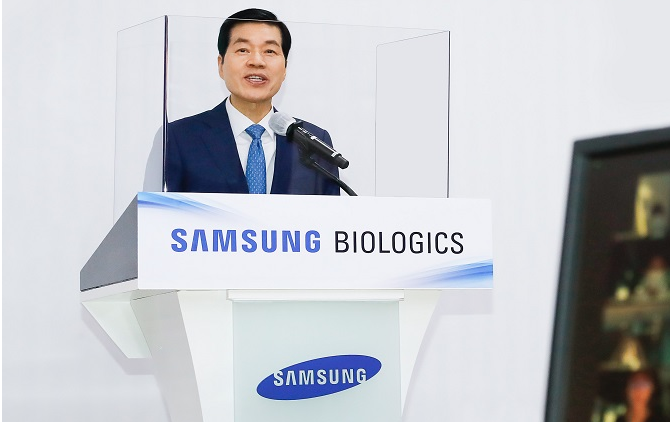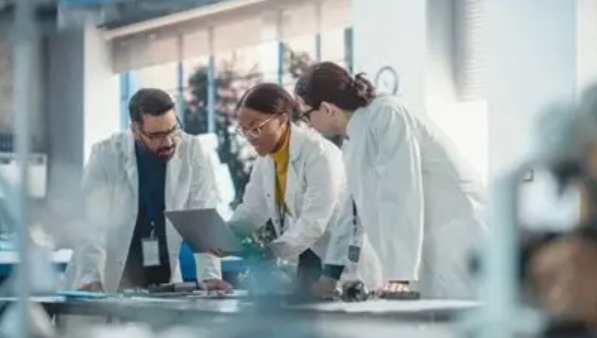Samsung Biologics invests $2B for further expansion
August 13, 2020 | Thursday | News
Samsung Biologics is taking an innovative approach in the design strategy of its new plant

Image caption- Dr Tae Han Kim, CEO, Samsung Biologics
South Korea based Samsung Biologics held an online press conference to announce its plans to break ground for a fourth plant within this year.
This is part of its long-term strategy to maximize its operational efficiency and scale up its development and manufacturing capabilities in response to growing biomanufacturing demands.
The Company also said that it is in negotiations with the authorities at IFEZ (Incheon Free Economic Zone) to purchase additional land for its second bio complex.
Upon finalization of the terms under negotiation, the total size of the two investments is expected to be over 2 trillion Korean won—roughly equivalent to 2 billion US dollars—and over the total amount invested in the Company’s previous three plants combined throughout its nine-year history.
Adding 256KL capacity to its site, Plant 4 is scheduled to commence manufacturing activities in the second half of 2022, and further advance the company’s standing as the world’s largest manufacturing facility at a single location—holding a 620KL total capacity upon completion.
Samsung Biologics is taking an innovative approach in the design strategy of its new plant: by incorporating the unique advantages from Plant 1, 2, and 3, it will offer multi-scale manufacturing services to support the diversifying needs of new and existing clients.
Construction will begin on an existing site with the plant comprising of 23.8 million square meters in total floor area - the equivalent to the combined floor area of its existing three plants. In an effort to maximize operational efficiency, Plant 4 will introduce real-time production schedule simulation through automation and latest biomanufacturing technologies as well as optimization of utility supply based on data collected from its current plants.
Samsung Biologics is also investing heavily in offsetting its facilities’ environmental impact. Newly advanced technologies such as streamlined application, smart disposal of high-concentration wastewater, and improvement of nitric acid emissions will strengthen the environment of the workplace and community.





